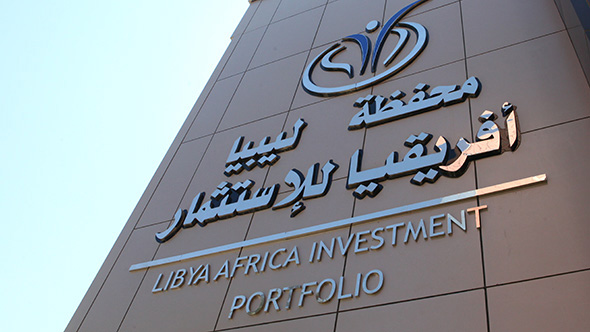After the FTX cryptocurrency exchange’s collapse earlier this month that has left a trail of losses for companies and individuals, Africa’s financial regulators have sensed an opportunity to place stricter constraints on crypto’s adoption.
Before FTX’s meltdown, the crypto giant was becoming a force for normalizing cryptocurrencies in Africa, through marketing campaigns that enlisted entertainers, and investments in startups like Chipper Cash. Only one-quarter of countries in sub-Saharan Africa formally regulated crypto, according to an IMF survey.
Regulating a highly volatile and decentralized system remains a challenge for most governments, requiring a balance between minimizing risk and maximizing innovation. But now African governments are becoming more conscious of the risks inherent in crypto-finance and two-thirds of them have implemented some restrictions and six countries — Cameroon, Congo, Ethiopia, Lesotho, Sierra Leone, and Tanzania — have banned crypto. Zimbabwe has ordered all banks to stop processing transactions and Liberia directed a local crypto startup to cease operations (implicit bans).
Last month, South Africa said every crypto platform must get a license to operate, beginning in July 2023. A 20% tax on crypto transactions is making its way through parliament in Kenya. Nigeria, Africa’s top crypto market hasn’t banned crypto outright, but is regulating too, as the central bank prohibits banks from processing crypto transactions. In May, Nigeria’s Securities and Exchange Commission (SEC) ordered exchanges to register to obtain a permit to operate.
Overall, following the FTX’s landmark collapse, exchanges could now find themselves under renewed pressures. As of September, three crypto companies had reportedly filed to obtain the Nigerian SEC’s operation permit. Since FTX’s collapse, the SEC has cautioned the companies that they may have to supply still more information, the person said.



